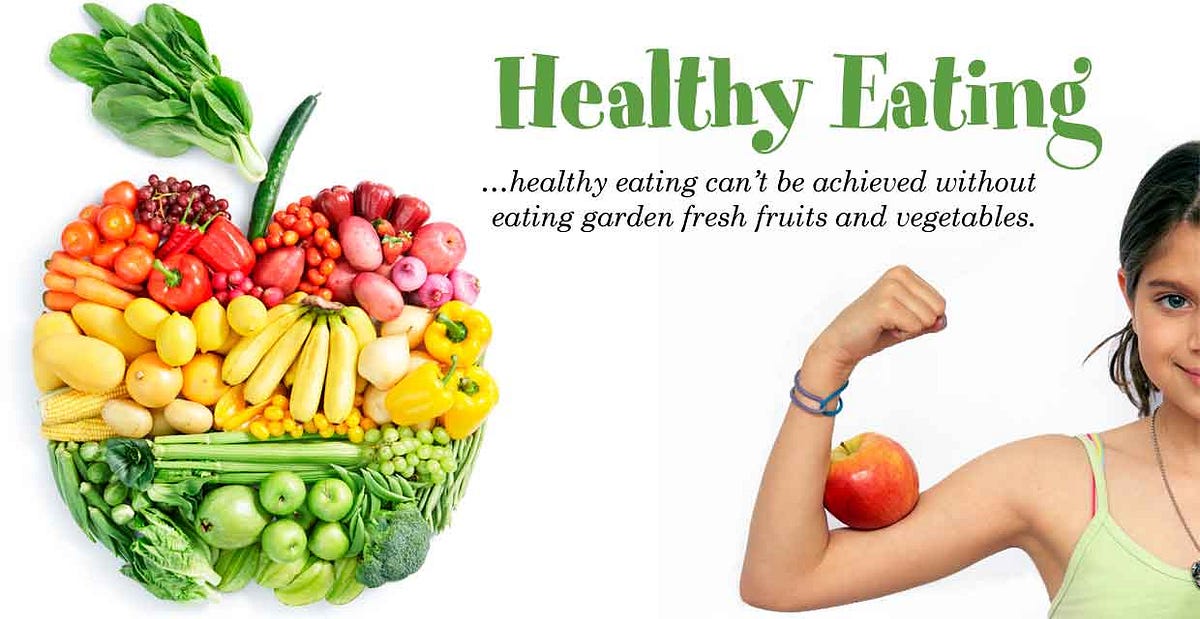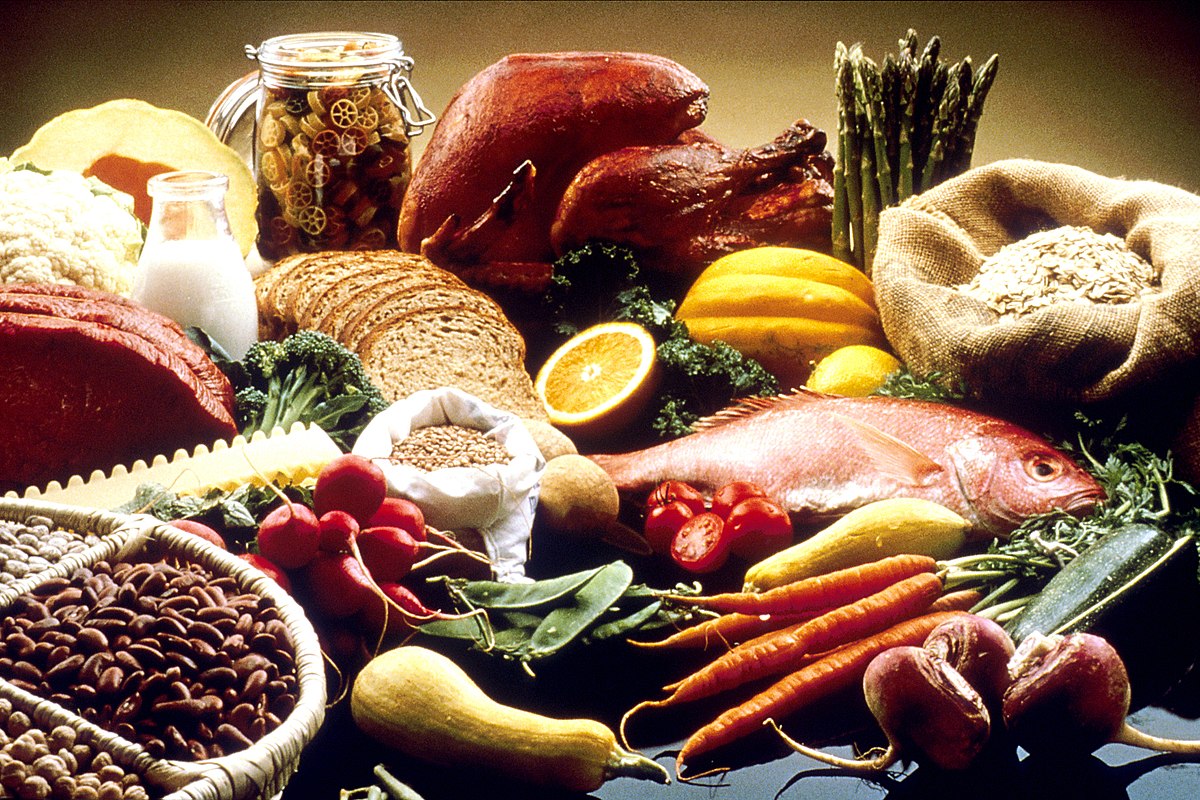Everyone seems to be talking about it – they’re either gluten free or annoyed by gluten free people (thanks BuzzFeed), but noone seems to know what it is and why it’s so popular.
Even Jimmy Kimmel got in on the action with this widely shared skit about gluten free people not actually knowing what gluten is, making it (and food in general) a bona-fide hot topic. It’s very funny… but probably not so funny with people with serious gluten intolerances.
Time Magazine says:
“As food fads go, though, this one’s not only enormous: It’s enormously expensive — and many of us paying a premium to avoid gluten are doing so without any legitimate medical reason.”
I actually think that it’s become a front page subject because it does have a serious impact on the body – not just for sufferers of celiac disease, (which is an autoimmune illness in which the body cannot digest gluten), but for all of us – on our weight, our immune system and even our brain function. That’s worth discussing yes?
Ok, as a former hater on the gluten hoopla, I’m here to share my understanding of why we should understand gluten and pay some attention to it.
What is Gluten?
It’s a protein found in wheat, barley, rye, and other processed foods. It’s a stabilizing agent in lots of foods – It’s what gives bread their fluffy texture and pizza it’s doughy texture.
Where does it hide?
Pizza, pasta, bread, chips, beer, rye, flour, soy sauce, mustard (and pretty much anything delicious).
Why should I care?
Because up to 40% of people might have a sensitivity to gluten which can manifest itself in a host of different ailments such as fatigue, eczema, constipation, migraines and more. And most of us don’t even know it.
BUT
Gluten alone isn’t necessarily the only culprit here – there are other proteins within wheat (especially the refined stuff) that can be problematic, short term and long.
What does it do to the body?
- It can cause inflammation. Inflammation is an immune response. If you’re sensitive to gluten, your digestive system reacts poorly to one of the proteins in gluten causing the intestinal lining to weaken (also known as intestinal permeability or leaky gut). This allows the harmful bacteria to enter the bloodstream (not just from gluten but from other foods and toxins in your system). When that happens, your body starts to fight these foreign objects, ignoring the other things it would normally be doing. As a result, it can cause any number of symptoms like joint pain, bloating, stomach pain and even anxiety, infertility and skin problems.
- It stores as fat. Wheat increases blood sugar (a lot – it has a super high glycemic index. I had no idea), which tells the pancreas to produce insulin. Insulin is what tells our bodies to store fat rather than burn it. So excess consumption of wheat actually causes body fat to accumulate – especially around our “beer bellies and muffin tops”. A lot of excess fat around the organs can also cause inflammation which could lead to obesity and diabetes.
- It’s addicting. When you go to a coffee shop, the pastries just call out to you. “Eat me. Eat me now.” That’s because wheat is a supposed appetite stimulant. The broken down wheat molecules enter your brain causing cravings for even more wheat… and sugar and other deliciously bad food. I don’t fully understand the science behind it, but I can say from personal experience that giving up wheat was mentally very difficult for me. It didn’t stick until my 4th try.
But haven’t human beings survived just fine for 10,000 years on wheat?
The wheat of 10,000 years ago is dramatically different from the wheat we eat today. Even the wheat from 50 years ago is different, thanks to agricultural scientists who have created a different genetic code for our wheat.
The real culprit here (and this is something that is universally agreed upon) is the refined grains – the processed stuff with added sugar and vegetable oil that destroy your health and are linked to virtually all chronic illnesses.
“Modern technology has stripped the nutrition from these foods, replacing it with empty calories and synthetic chemicals that fool our bodies into giving us the same powerful biological signals to keep eating”. – Dallas & Melissa Hartwig, “It Starts With Real Food”
As for eating whole grains (as opposed to processed grains) – that’s up for debate. They’re definitely not as nutritious as fruits and vegetables – even for the fiber – and the body can do without them. But the question remains – is a little bread and pasta really that bad?
So…should I go gluten free?
It depends. If you’re struggling to lose weight or are dealing with a chronic illness or even a minor ailment that you can’t shake, maybe a 30 day test is worth a shot. Cut out the gluten (yes, that means the gluten free breads, pastas etc.) and see how you feel. Then, add it back in and see how that makes you feel.
If anything, cut out the processed and refined carbohydrates. They are highly inflammatory foods that contribute to so many chronic diseases. It’s bad, bad bad.
I can’t cut the wheat out. Isn’t there an easier way?
Sure. Baby steps. Just try it for a week and see how you do. The first few days will be unpleasant. You’ll be cranky and hungry while you go through the withdrawal phase, but that will pass and things will get easier. And make sure you put systems in place that make it hard for you to cheat. It will make all the difference.
Where can I learn more?
Articles
- Wheat Threatens All Humans, New Research Shows (The Daily Beast)
- 9 Steps to Perfect Health – #1 Don’t Eat Toxins (Chris Kresser)
- This Gluten Free Thing is Really an Overblown Fad (Mark Sisson)
- Djokovik Opens the Refrigerator (Wall Street Journal piece on tennis champ Novak Djokovik’s diet and daily routine)
Books
- In Defense of Food (Michael Pollan)
- Wheat Belly (William Davis)
- Death by Food Pyramid (Denise Minger)











